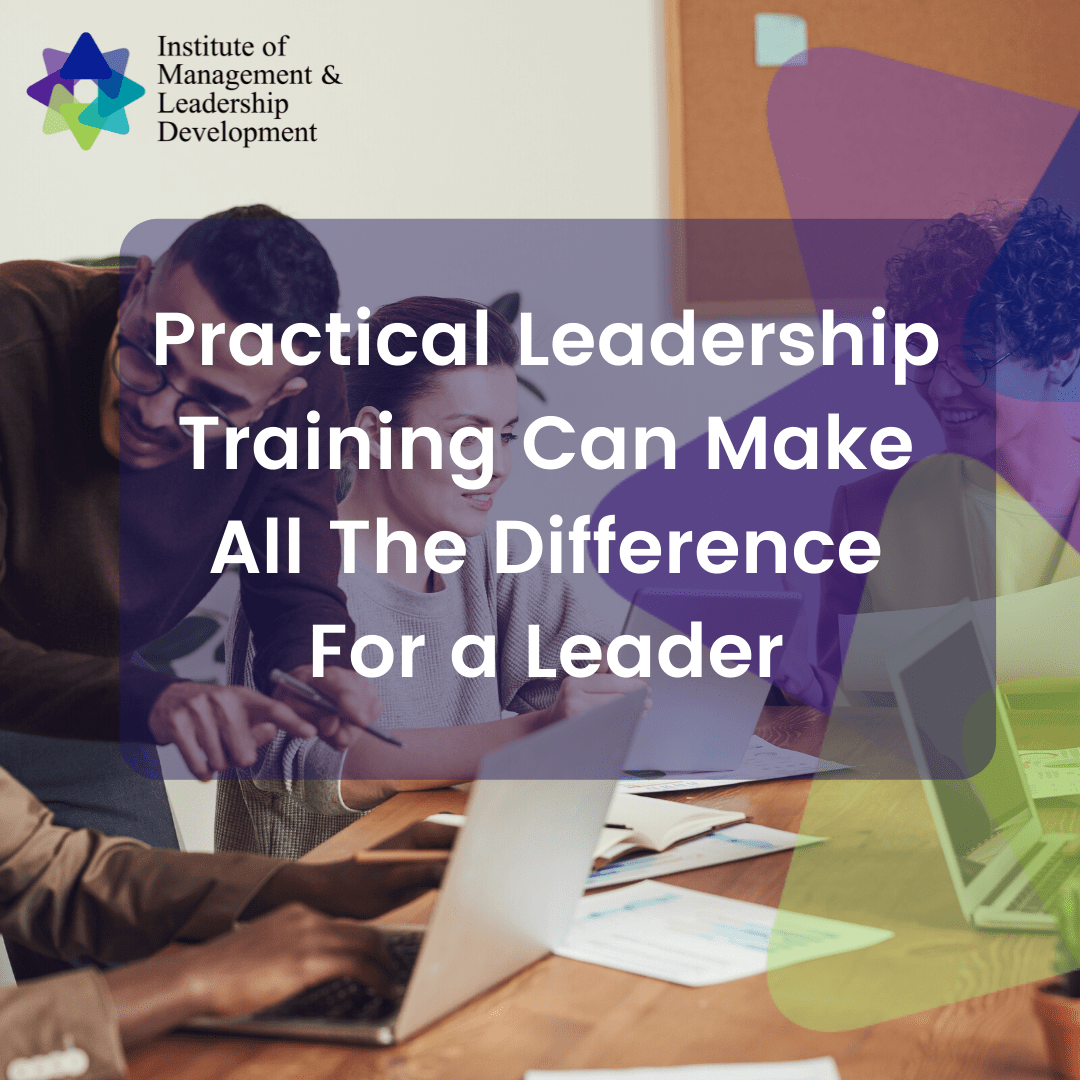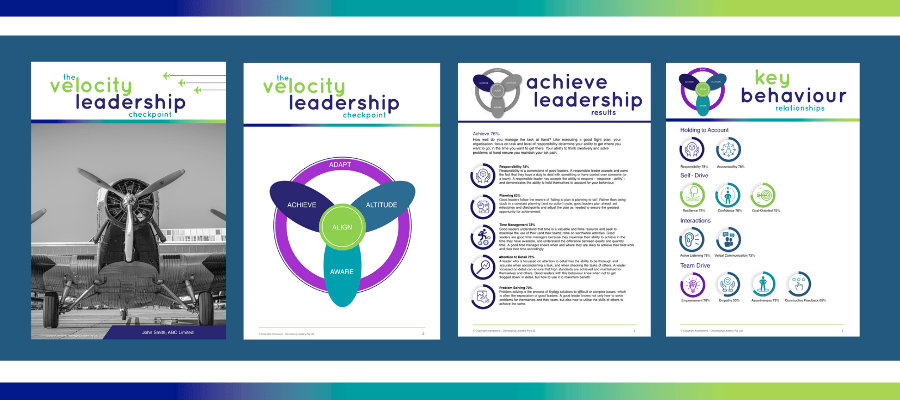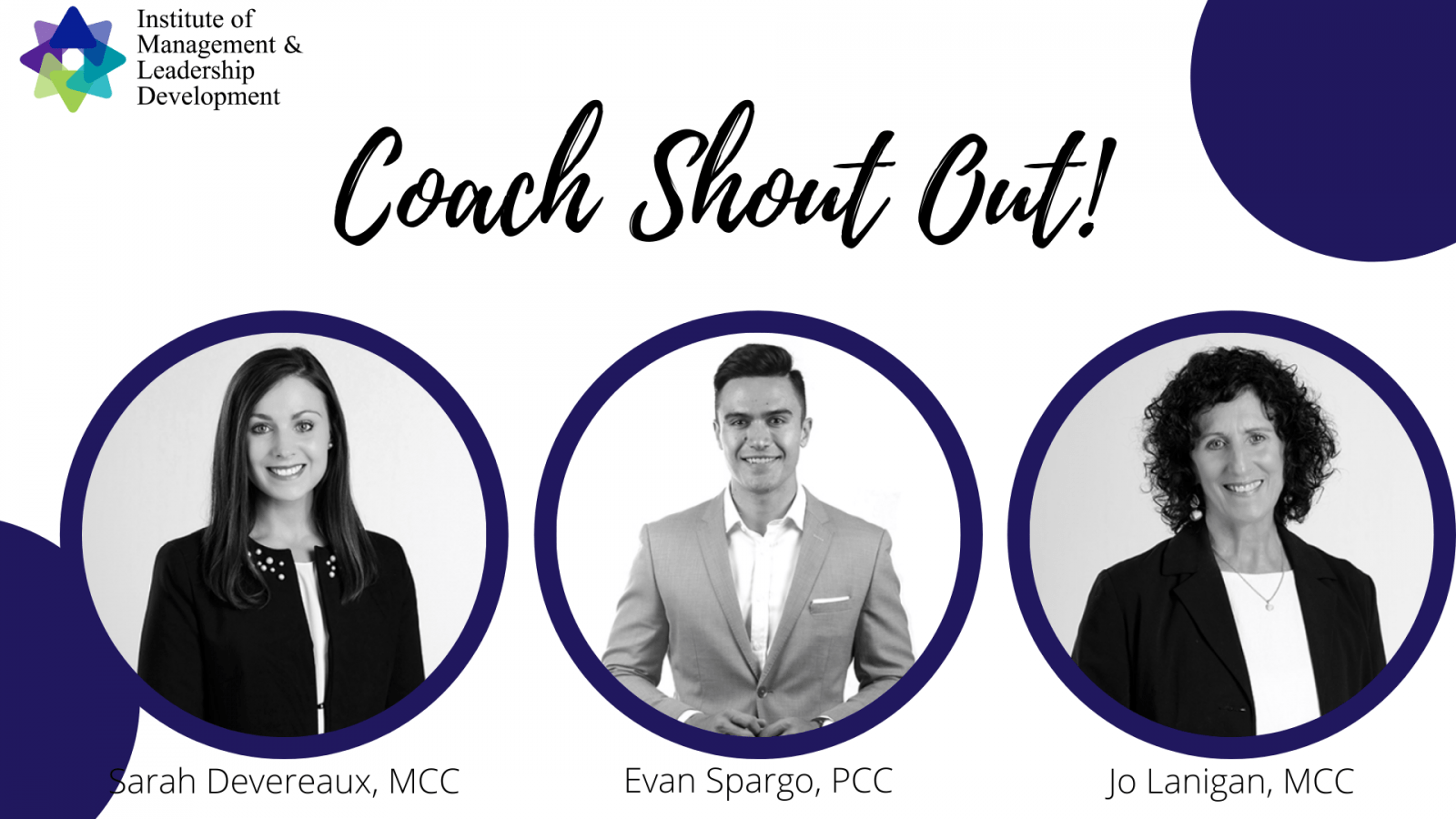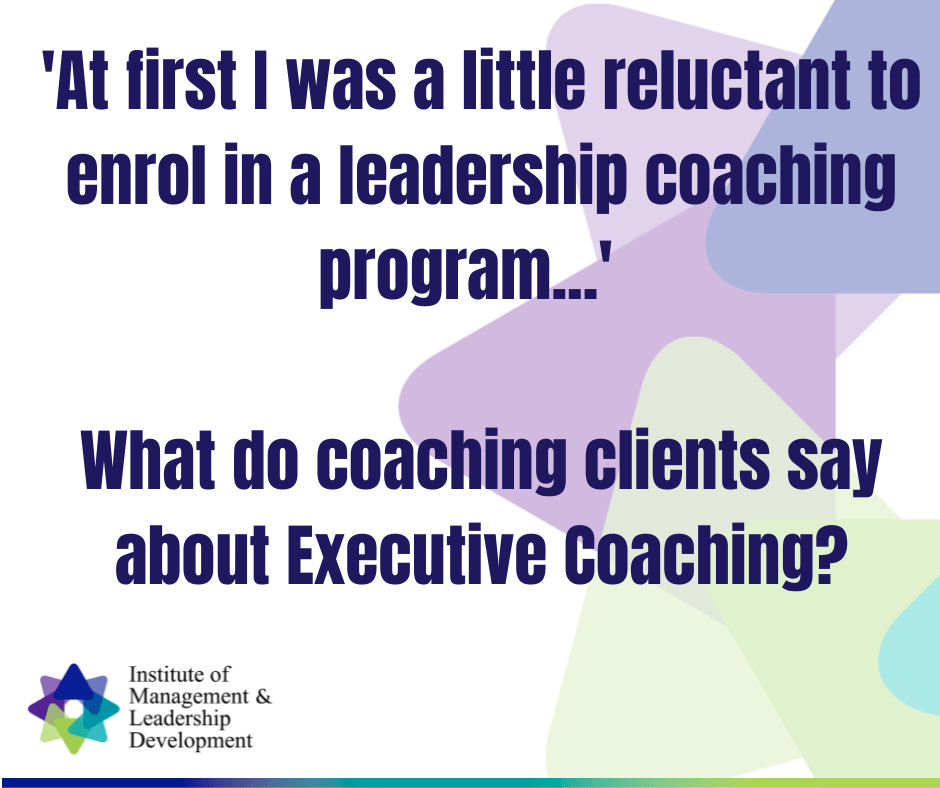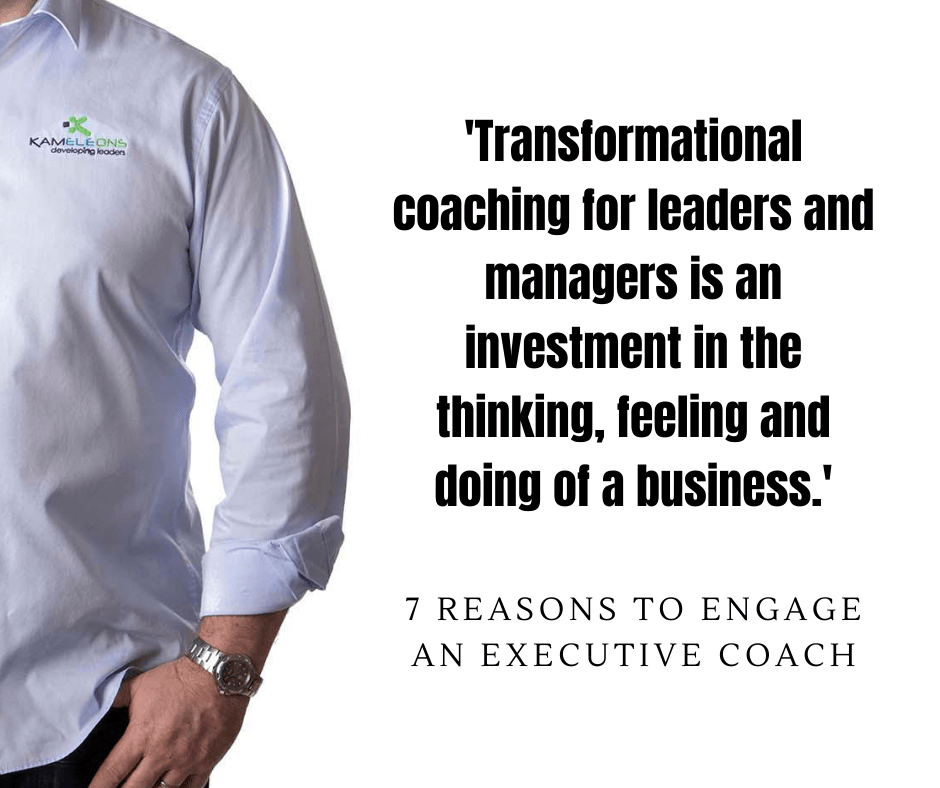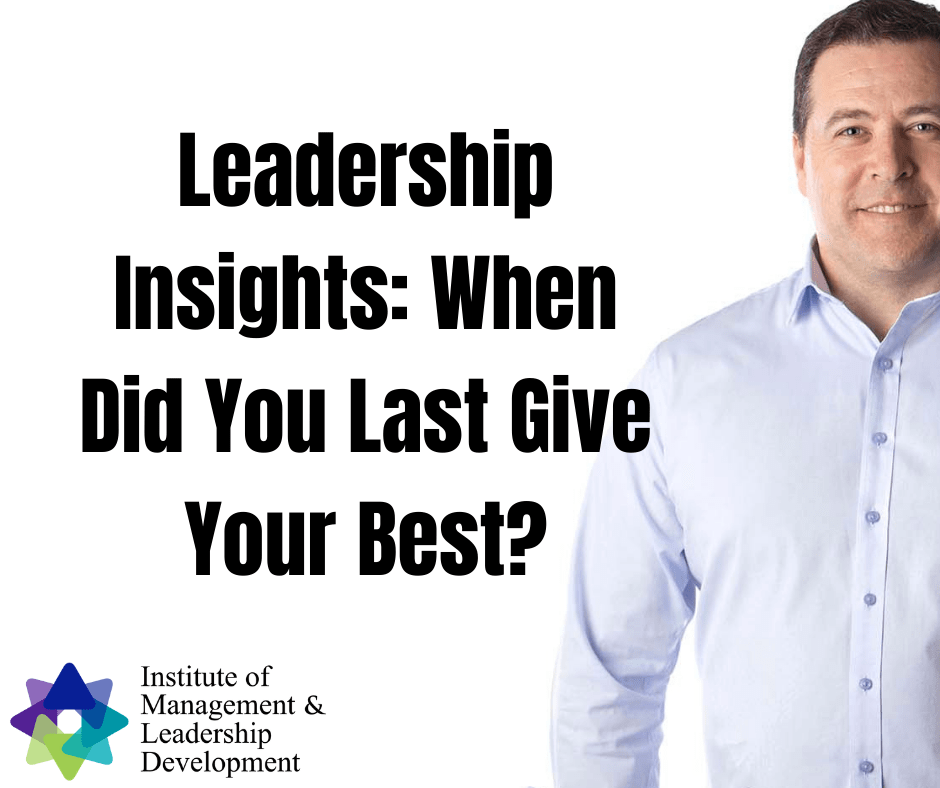Do you know your leadership strengths? Have you had that feeling when you know something isn’t quite right, but don’t know what it is? ? Many conversations that I have with current and potential leadership and coaching clients start like that – they know that there is something to work on, something doesn’t ‘feel’ quite right, but they don’t know quite what it is.
This is where the Institute of Management & Leadership Development CheckPoint comes into its own. It provides a solid foundation from which I, and they, can review their leadership strengths and weaknesses, and plan a leadership development strategy that is designed for them. It takes the guesswork out of leadership development, and provides a common language for both the coach and leader/manager.
https://vimeo.com/manage/videos/554557745
Do you know what your leadership strengths and weaknesses are? Do you know what impact that knowledge (or lack of) is having on your team and business?
If you would like to know what leadership strengths you can leverage further, get in touch to book in for a Velocity Leadership CheckPoint and debrief today.
#leadership #leadershipdevelopment #coaching #executivecoaching #success #leaders #management




